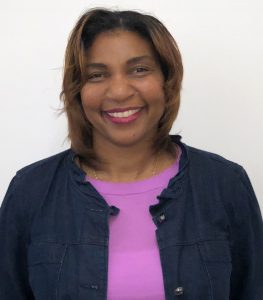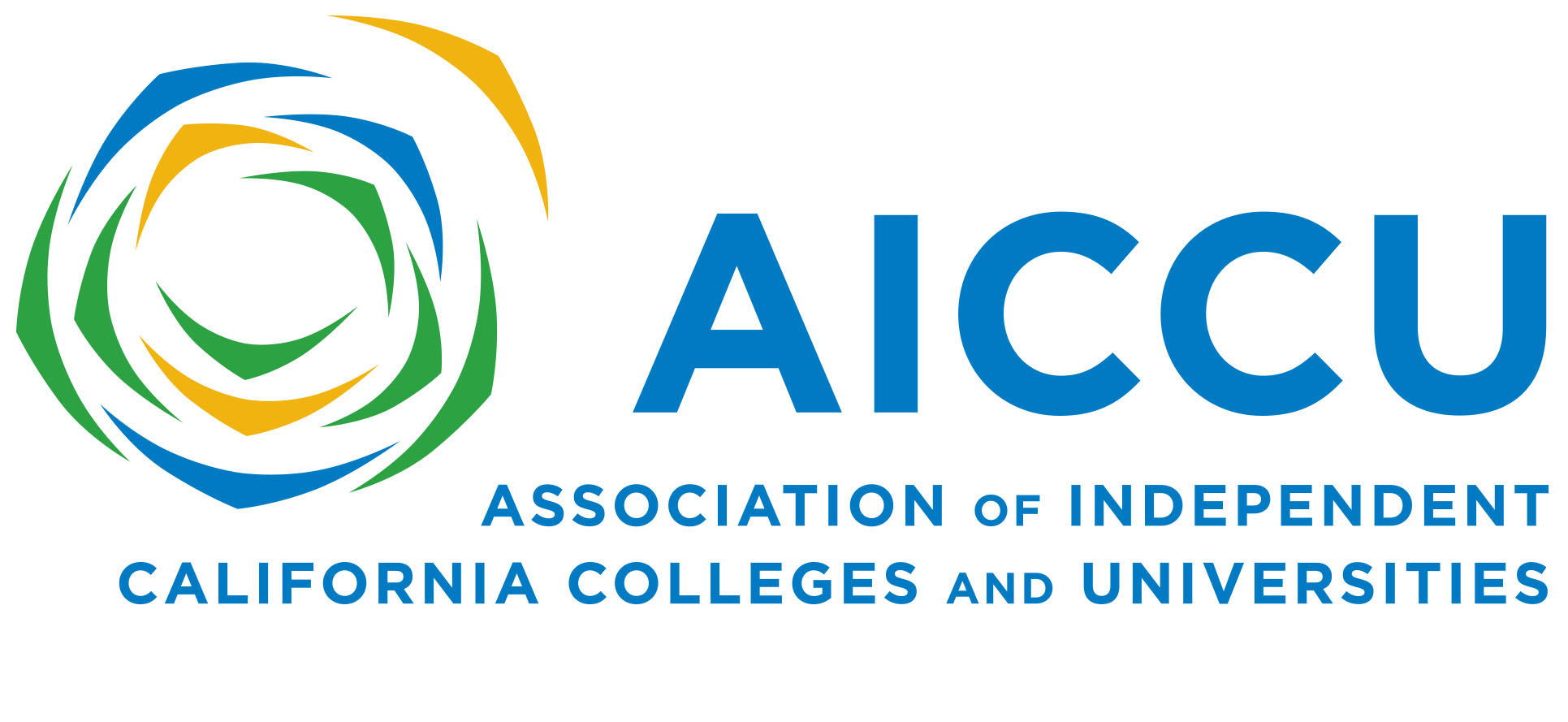A facilitator at last year’s Better Together: California Teachers Summit, Yolanda Minor teaches English language arts and English language development to eighth-graders in San Lorenzo, California. She says the Summit is a powerful reminder that teachers need to take time to invest in themselves so that they can continue to help every student reach his or her full potential.
“The most powerful thing is when you’re able to collaborate with other teachers to find solutions.”
 Why did you decide to become a teacher?
Why did you decide to become a teacher?
Yolanda: I always say it’s because my mother is a teacher and my great grandmother was a teacher. It’s just something in our bloodlines. When I entered the teaching profession, I got into coaching as a basketball coach. From there, I wanted to be on campus with my players, so teaching was the best way for me to do that.
What keeps you inspired to be in the classroom?
Yolanda: I teach predominantly children of color, and I want them to be able to be successful and to be able to form their own opinions. One of the ways to do that in life is to become a great reader and a great writer. So, for me, it’s being able to get up in the morning and teach the students a skill that they can use in their everyday lives that would be able to not only help them in the future but also help their families.
How did you hear about last year’s California Teachers Summit?
Yolanda: I was in the master’s program at St. Mary’s college and I found out through my professors, who were looking for facilitators.
What made you ultimately decide to be a facilitator at the Summit?
Yolanda: I wanted to learn and have firsthand experience of what the California Teachers Summit was all about. It was very interesting for me, because I had just finished the graduate program at St. Mary’s College for the master’s in teacher leadership.
Were there any memorable moments for you? What discussions did you facilitate?
Yolanda: I loved leading people interested in learning about different topics and issues that are concerning students today. I also found it valuable to work with my co-facilitator and moderate discussions with her. It was also great to be able to network, to be able to listen to other teachers, to be vulnerable and not be judged.
For example, I facilitated a discussion on teacher burnout. It helped remind me that if you don’t take care of yourself, you cannot be an effective teacher in a classroom. It’s extremely important, and it’s something that reminded me of what I needed to keep doing, such as going to the gym, walking the dog, making sure to go out and having fun.
Do you think the Summit is an effective way to build peer networks and bring teachers together?
Yolanda: I do, because the Summit is bringing teachers together from private and public schools, and you’re able to collaborate and exchange ideas about what is effective in a classroom or what you are currently experiencing in a classroom. The most powerful thing is when you’re able to collaborate with other teachers to find solutions.
How has the Summit made a difference in your classroom?
Yolanda: I was able to collaborate and remind my colleagues to take time for themselves. One of the things that we touched upon is mindfulness and meditation, and this is something that I do with my students, too. I have a system called the “chill out room” where they can go and sit outside. They can go outside, look at the grass, and take a deep breath to regain their composure and then come back into the classroom and be focused enough to be able to do their work.
Will you attend the Summit again this year on July 27?
Yolanda: I’d like to go back because the people were really nice and welcoming. My parents are from New Orleans, so hospitality and courtesy are big things for me.
The theme for this year’s Summit is “It’s Personal: Meeting the Needs of Every Student.” What does that mean to you?
Yolanda: It’s about personalizing instruction to help them succeed. For me, it’s very important to understand the population of students that you’re working with. I’m teaching my students the writing process by bringing in different aspects of their culture to help them understand the material or curriculum. For example, my students are writing an argumentative essay about desegregation in school, articulating why that was so important, to learn about rhetorical devices. Now, we’re learning about Dr. Martin Luther King Jr. and how he was able to use rhetorical devices in his Letter from the Birmingham Jail.
Why do you think it’s important for teachers to have the opportunity to explore strategies for personalizing learning?
Yolanda: As with any great coach – I was a basketball coach, so you’ll have to excuse me – a great coach is able to see what motivates his or her players, maybe it’s a pat on the back or a kick in the butt. A basketball coach and a teacher have to figure out ways to motivate scholar athletes to be productive. In terms of teaching, it’s important because you have to be able to see what teaching strategies are really working with your students and what might be the reasons they’re not engaged.
As a teacher, if you’re doing a lesson plan and it’s not working and you continue to do things the same way, it’s not helping your students grow, because you have a fixed mindset. We have to not only hold students accountable but hold ourselves accountable. That’s why I often look for material that my students, many of whom come from communities of color, can identify with.
What kinds of topics do you want to see discussed at this year’s Summit?
Yolanda: Sometimes, as educators, we get so bogged down in the content that we don’t consider the population. I’d like to explore different teaching strategies for engaging students from different backgrounds, especially students of color. For example, teachers need to understand the importance of showing different ethnicities in the science field. It is important for those students of color to see people who look like them to understand what these individuals brought to the field so the students know that they, too, can be that scientist someday.
What would you tell a teacher who is considering attending the Summit?
Yolanda: You’ll walk away re-energized because you will be meeting other teachers who have common concerns. You will also take with you some great tools that you can use in the classroom and some different ways that you can start to change things in your curriculum for the better.
This year’s summit will take place at over 30 locations across California. Register to secure your spot on July 27 at www.cateacherssummit.com.


